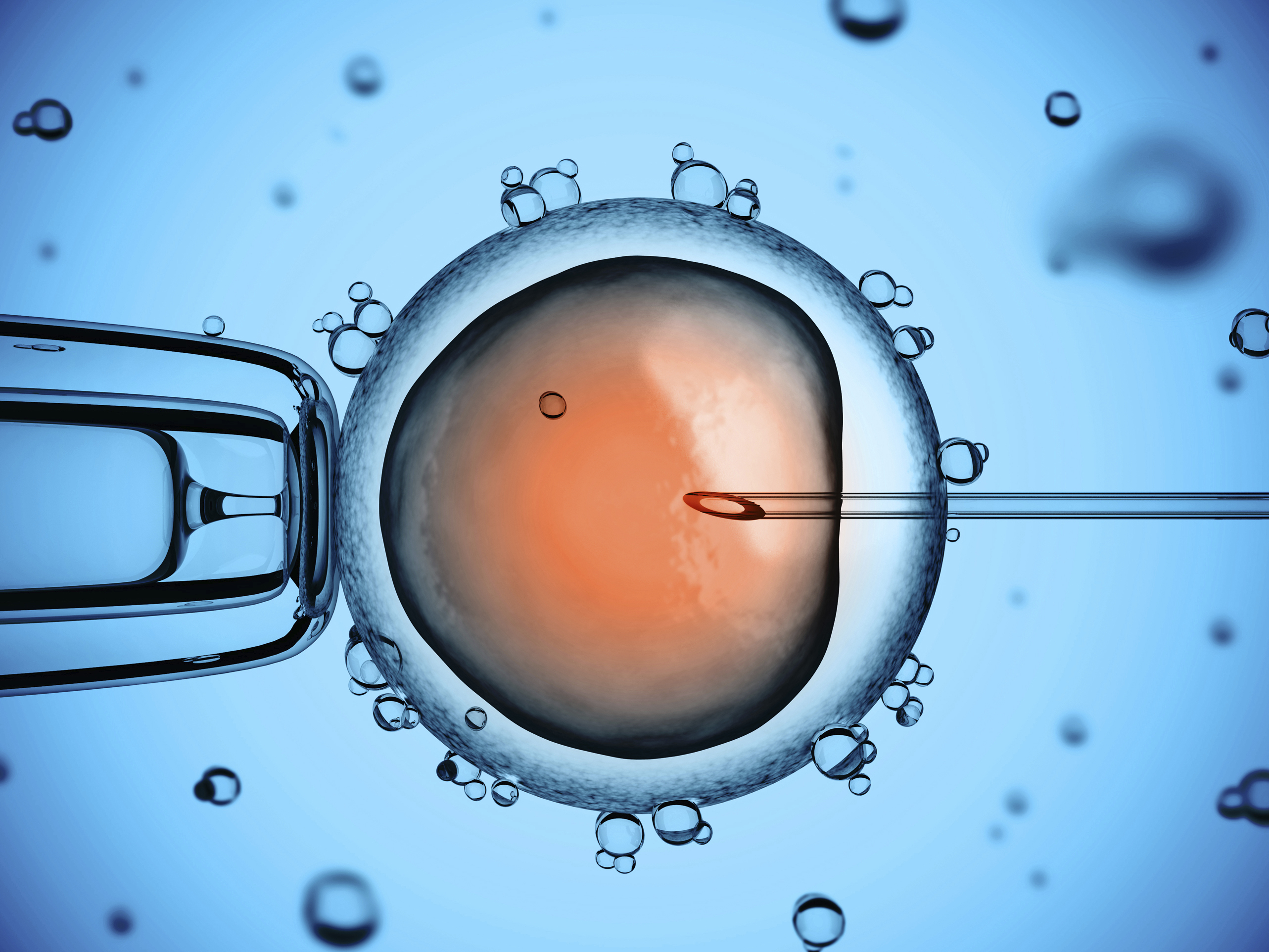
NASHVILLE (BP) — A National Institutes of Health proposal to fund research that inserts human stem cells into animal embryos has provoked warnings from evangelical bioethicists.
 The focus of the proposed research would be studying human diseases and growing human organs in animals for transplants. But potential side effects of so-called “chimera research” — a reference to Greek mythological creatures that were part goat, part snake and part lion –include destruction of human embryos, creation of animals with some semblance of human intelligence and creation of animals with the ability to produce human offspring.
The focus of the proposed research would be studying human diseases and growing human organs in animals for transplants. But potential side effects of so-called “chimera research” — a reference to Greek mythological creatures that were part goat, part snake and part lion –include destruction of human embryos, creation of animals with some semblance of human intelligence and creation of animals with the ability to produce human offspring.
“At the end of the day, it’s a means versus ends question,” said C. Ben Mitchell, provost and Graves Professor of Moral Philosophy at Union University. “Few people will object to the humane use of animals for the creation of discreet human tissues like kidneys or pancreases. But, if the means to that end involves immoral methods or requires the destruction of unborn human beings, the end does not justify the means.”
Since September 2015 the National Institutes of Health has upheld a funding moratorium on research that introduces human pluripotent cells, which can develop into all types of cells in the body, into animal embryos prior to an early stage of development known as gastrulation. But in an Aug. 4 blog post, N.I.H. associate director for science policy Carrie Wolinetz announced two proposed changes:
— Allowing human pluripotent cells to be introduced at an early stage into all animal embryos except non-human primates like monkeys, which are genetically similar to humans. Human stem cells could be added later in embryo development for such creatures.
— Allowing human cells to be introduced into mammals other than rodents in order to modify the animals’ brains.
Even if the new research guidelines were adopted, experiments still would be banned that involve breeding animals with human egg or sperm cells — which could produce human offspring. However, bioethicists David Prentice and Chuck Donovan noted in a commentary for The Daily Signal that attempts to keep such animals from breeding “would likely not be 100 percent effective — just ask anyone who has run an animal facility.”
The public has 30 days to comment on the N.I.H. proposal. If it is adopted, the agency could begin funding animal-human research projects in early 2017, NPR reported.
Like all N.I.H. proposals, these provisions would apply only to government-funded research. Privately-funded research involving human stem cells and animal embryos would not be prohibited, according to The New York Times.
Charles Patrick, a former biomedical researcher and current vice president for strategic initiatives and communications at Southwestern Baptist Theological Seminary, told Baptist Press the source of pluripotent human stem cells is one concern with human-animal embryo research.
“The cells being considered for injecting are human embryonic stem cells (hESCs) or induced pluripotent stem cells (iPSCs),” Patrick said in written comments. “iPSCs are adult stem cells ‘tricked’ or induced to become pluripotent or hESC-like cells. There are no biblical or ethical issues with these cells.
“However, hESCs are derived from embryos developed via in vitro fertilization. From a biblical perspective, life begins at conception and thus life is being destroyed if hESCs are utilized,” said Patrick, whose focus during 13 years at the University of Texas M.D. Anderson Cancer Center was tissue engineering.
Mitchell echoed the concern, categorizing the “cannibalizing human embryos for their stem cells” as “morally reprehensible.”
Another concern for Patrick is that inserting human brain tissue into animals could “inadvertently trigger the transfer of human characteristics (such as intelligence, consciousness or speech) into an animal.”
Mitchell, editor of Ethics and Medicine: An International Journal of Bioethics, likewise expressed “worry that the result” of the N.I.H.-proposed research “might be animals with significant amounts of human brain tissue.”
“What would this mean? Is this a new species? This sounds like H. G. Wells’ ‘Island of Dr. Moreau,'” Mitchell told BP, referencing a novel in which a mad scientist creates animals “fused with human genes.”
Additionally, Mitchell stated, “if the protocol permits the creation of animal-human hybrid embryos, we have yet another problem. How much human DNA makes an embryo human? How are these embryos to be regarded ethically? Are their harms to unborn human beings? These are profound questions that demand answers before we move forward.”
The Bible, Patrick said, “is clear in Genesis that God created man distinct from animals and gave man authority over animals. It would seem prudent to be very careful with technologies that potentially blur the distinction in God’s created order.”















